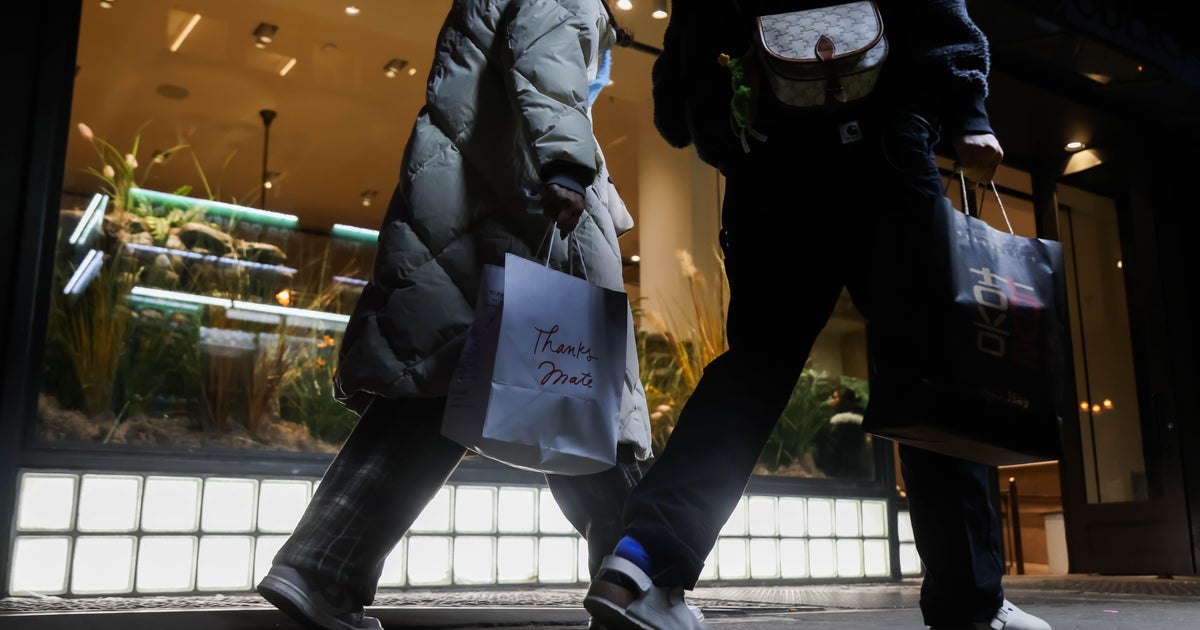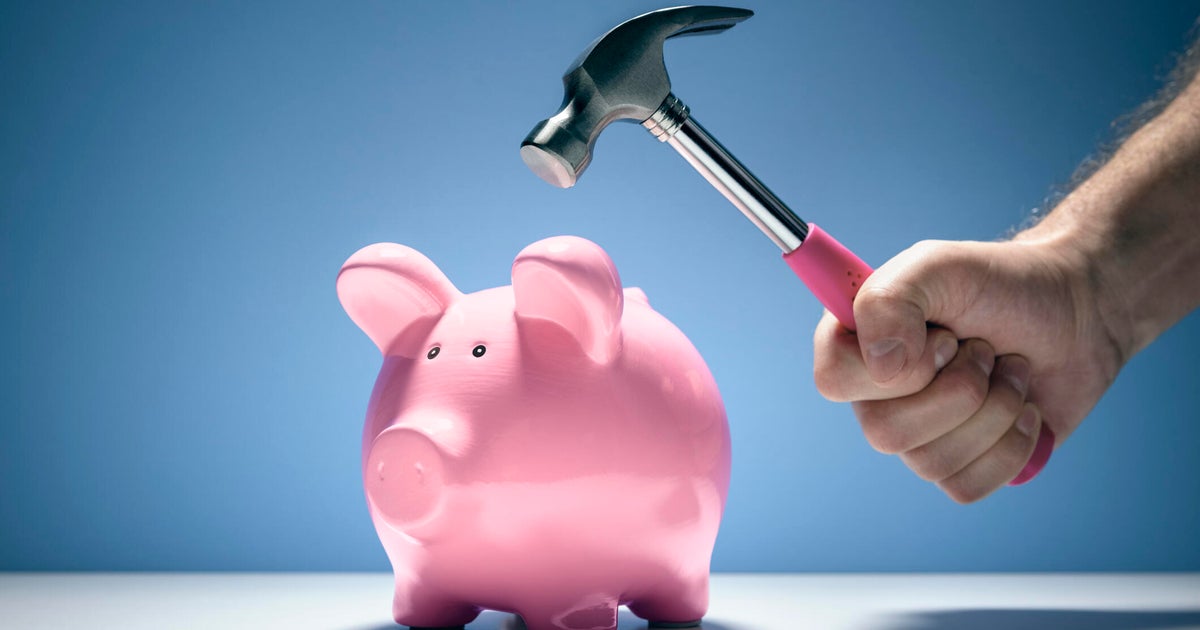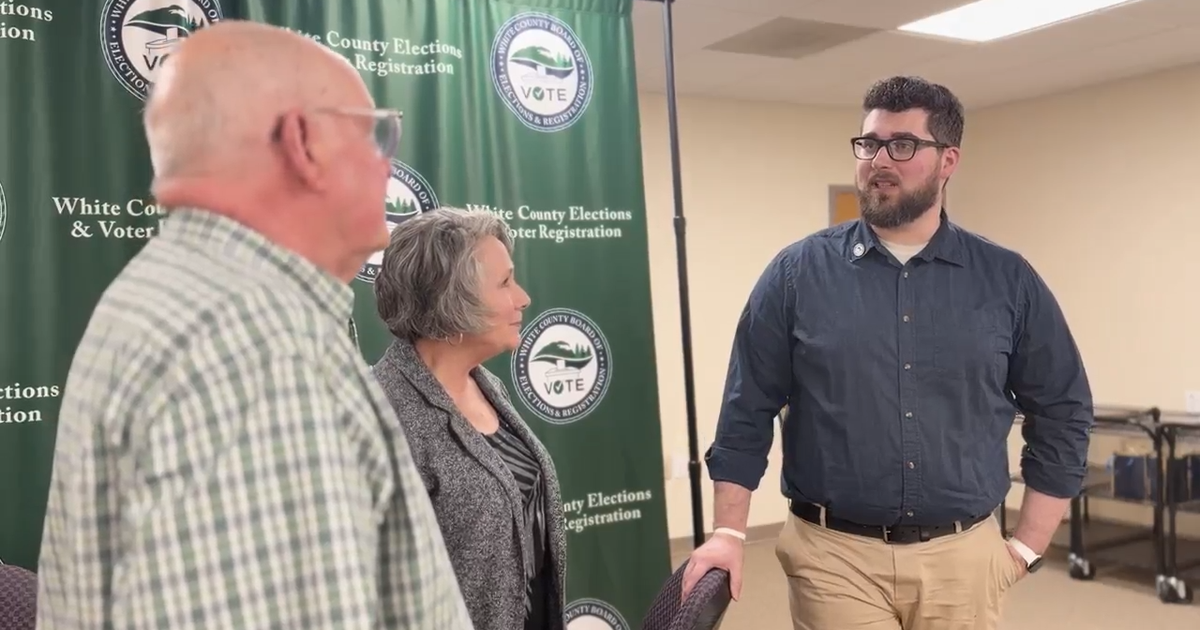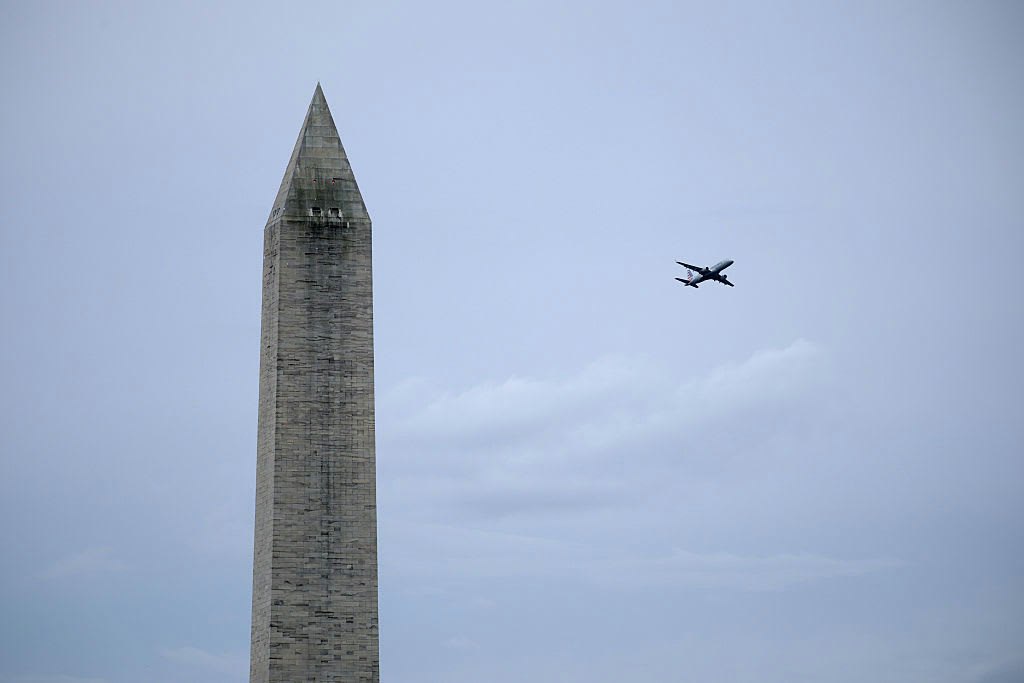Many low-wage workers earn more on unemployment than in their former jobs
For millions of employees who have lost their jobs during the coronavirus pandemic, unemployment may end up paying better than employment. New research shows that, for many low-wage workers, enhanced jobless benefits paid out through federal stimulus measures will exceed their previous paychecks.
About 68% of unemployed workers who can collect unemployment will get benefits that top what they previously earned at work, University of Chicago economists Peter Ganong, Pascal Noel and Joseph Vavra wrote in a recent paper. While that pattern is visible nationwide, it's especially common in Alabama, Georgia, Mississippi and Montana.
State unemployment benefits typically are based in part on a worker's previous earnings and can vary widely. Base payments range from $144 per week in Tennessee to $515 in Massachusetts. But the federal Coronavirus Aid, Relief, and Economic Security Act offers all workers an additional $600 per week on top of the state aid.The $600 was designed to replace the missing income a worker loses while unemployed.
The expanded unemployment benefits are set to expire at the end of July. Democrats in the U.S. House said they want to extend those benefits until January.
The University of Chicago economists said expanded unemployment aid has benefitted the "lowest income workers, who might otherwise be especially hurt by this recession." That includes janitors, health care aides and food service workers.
The additional $600 per week in jobless benefits drew criticism from Republican senators in March as Congress debated the idea. Senators Tim Scott, Rick Scott, Ben Sasse and Lindsey Graham said some Americans would hold off returning to work because unemployment is a better option.
Delivering expanded unemployment was justifiable 90 days ago, but now anyone who can work should stop relying on that money and rejoin the workforce, said Gary Cohn, President Trump's former chief economic adviser.
"If you get offered a job, you should have to take that job and you should come off of unemployment benefits," Cohn said Sunday on Face the Nation.
That might be easier said than done, with Federal Reserve Chairman Jerome Powell telling 60 Minutes the nation's unemployment rate, now 14.7%, could rise to upwards of 25%. Many Americans also have struggled to sign up for jobless aid, with many state employment systems deluged by applicants who are still awaiting their first relief checks.



